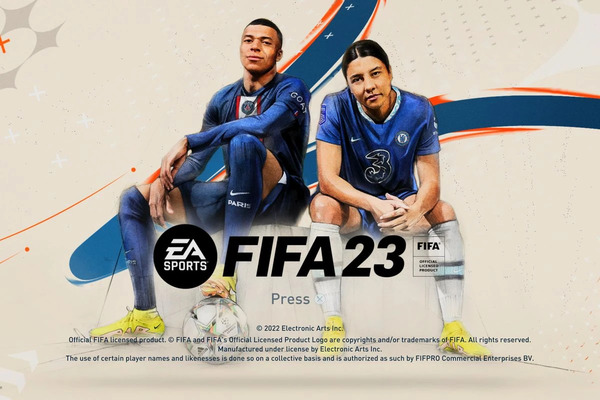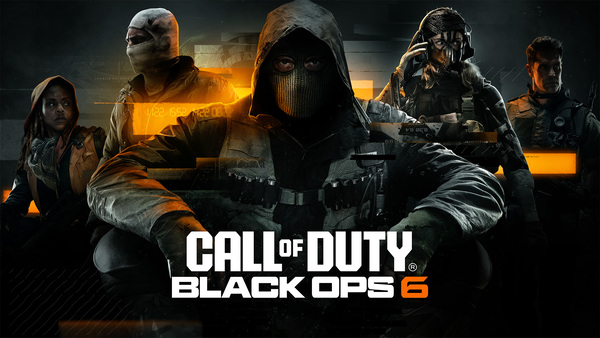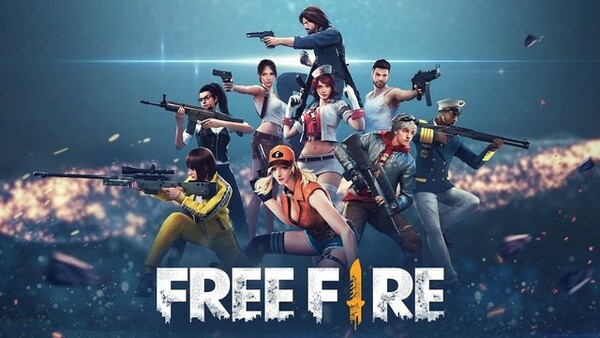Popular Now
Introduction
In the dystopian world of REPO, players assume the role of a biotech debt collector, tasked with reclaiming artificial organs from clients who have defaulted on their payments. Beyond its horror elements and co-op gameplay, REPO stands out for its intricate moral choice system, compelling players to confront ethical dilemmas that challenge their decision-making and shape the game's narrative.

1. The Premise: Organ Repossession in a Dystopian Future
Set in the year 2089, REPO immerses players in a society where artificial organs are leased to the underprivileged by powerful corporations. When clients fail to make payments, agents are dispatched to repossess these organs, often leading to fatal outcomes. This grim setting serves as the backdrop for the game's exploration of morality, survival, and corporate control.
2. Introducing the Moral Choice System
Unlike traditional games with binary moral decisions, REPO presents players with complex choices that lack clear right or wrong answers. Each decision impacts the game's narrative, character relationships, and the protagonist's psychological state, creating a dynamic and immersive experience.
3. Early Decisions and Their Consequences
From the outset, players are faced with challenging scenarios, such as deciding whether to forcibly extract an organ from a non-compliant debtor or seek alternative solutions. These early choices set the tone for the game, influencing subsequent events and character interactions.
4. The Psychological Toll of Choices
As players navigate the game's moral landscape, they witness the protagonist's mental and emotional deterioration. Hallucinations, altered dialogue, and changes in demeanor reflect the internal conflict and guilt resulting from their actions, adding depth to the character and narrative.

5. Branching Narratives and Multiple Endings
REPO features a branching narrative structure, where each decision leads to different story arcs and endings. This design encourages replayability, as players are motivated to explore various moral paths and their consequences, enhancing the game's depth and complexity.
6. Dynamic Interactions with Non-Player Characters (NPCs)
NPCs in REPO respond dynamically to the player's moral decisions. Building trust or inciting hostility, these interactions influence alliances, quests, and the overall progression of the game, emphasizing the importance of ethical choices in shaping relationships
7. The Role of Environment in Ethical Decision-Making
The game's dystopian setting, characterized by resource scarcity and societal decay, forces players to weigh personal ethics against survival. This environment challenges players to make difficult decisions, often blurring the lines between right and wrong.
8. Long-Term Consequences of Actions
Decisions made early in the game can have unforeseen repercussions later, affecting storylines, character fates, and available resources. This long-term consequence system reinforces the significance of thoughtful decision-making and adds tension to the gameplay.

9. Encouraging Player Reflection and Agency
By presenting morally ambiguous scenarios, REPO prompts players to reflect on their values and ethical boundaries. The game empowers players with genuine agency, allowing them to approach situations in multiple ways, aligning their in-game actions with personal beliefs.
10. Integrating Ethics into Gameplay Mechanics
REPO seamlessly weaves its moral choice system into core gameplay mechanics. Tools and methods for organ repossession vary based on previous choices, reflecting the player's ethical stance and enhancing immersion.

Conclusion
REPO distinguishes itself in the gaming landscape through its intricate moral choice system, compelling players to confront ethical dilemmas that shape the narrative and character development. By intertwining ethical decision-making with gameplay mechanics and dynamic interactions, REPO offers a profound exploration of morality in a dystopian context, encouraging players to reflect on the consequences of their actions within and beyond the game world.
















